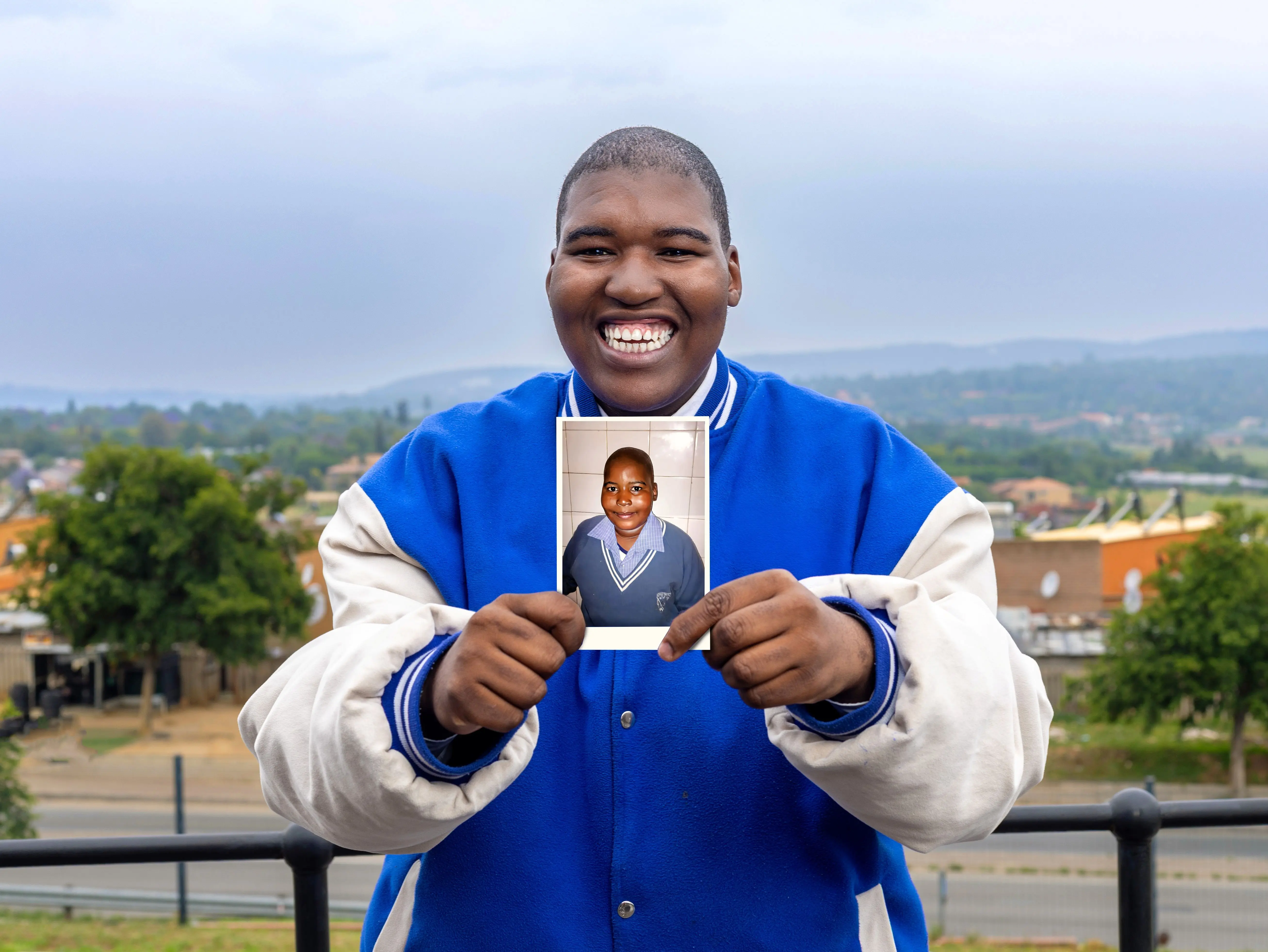As South Africans face increasing mental health challenges, many turn to alcohol as a coping mechanism. The sight of long queues at bottle stores following the lifting of the COVID-19 alcohol ban underscored the deep connection between stress and alcohol use in our society.
However, AWARE.org, a harm reduction specialist, emphasises that alcohol is not the solution. Instead, it should be consumed responsibly in appropriate settings. The CEO of AWARE.org Mokebe Thulo says that the Mental Health Awareness Month in October , is a crucial annual moment in the continued effort to help South Africans recognise that alcohol is intended for moments of conviviality, not as a crutch for mental health struggles.
In the context of Mental Health Awareness Month this October, Thulo urges South Africans to consider the link between alcohol abuse and mental health. “Reaching for the bottle to cope with life’s realities can create a vicious cycle that deepens the very problems people are trying to escape from. Alcohol is not a solution to mental health struggles; in fact, it can often make them worse,” says Thulo.
Recent statistics on mental health disorders point to vulnerable groups. Studies indicate that South African men experience an exceptionally high rate of suicide. According to Health Systems Trust, there are 23.5 suicides per 100 000 people. Of the 13 774 suicides reported in South Africa, 10 861 were amongst men. Reasons cited include men often being more reluctant to seek help regarding psychological issues, and misusing alcohol as an ill-advised form of self-medication. On the other hand, studies indicate a significant corelation with emotional distress, depression, anxiety and other mental health conditions among women, who abuse alcohol with.
"Access and Inclusion: Why Community Mental Health Matters", the 2024 theme for Mental Health Awareness, resonates deeply with AWARE.org's whole-of-society approach to harm reduction. The organisation's work focuses on holistic, community-driven initiatives aimed at promoting responsible alcohol consumption in the interest of physical and mental wellness. One brick at a time, AWARE.org works to build resilience across society by partnering with key stakeholders to provide comprehensive support systems for alcohol abuse.
“The pandemic showed us how fragile mental health can be, as many South Africans turned to alcohol in desperate attempts to escape the emotional toll of isolation and financial strain,” says Thulo. “In times of crisis, people often seek refuge in alcohol overconsumption, and other unhealthy behaviours but we must change this narrative. Mental health needs to be addressed head-on, not numbed. A bottle will not bring relief; it will only bury the pain temporarily.”
In response to the growing mental health crisis, AWARE.org has partnered with community organisations to bring sustainable solutions to the fore. One such initiative is the collaboration with the School of Hard Knocks (SOHK) and its NxtGenMen Programme in the Western Cape. This initiative targets young men and boys, equipping them with tools for healthy masculinity and introducing coping strategies that do not involve alcohol or other behaviours that are harmful to the person concerned and to those around them.
Dr Jon Hunter-Parsonage, CEO of SoHK, explains the importance of these interventions: “We believe that mental health is the foundation of a successful and fulfilling life. By equipping young men with the tools and skills they need to build healthy coping strategies that help them to face challenges head-on, we are not only helping them today but also contributing to stronger communities in the future.”
Thulo adds, “Once the pilot programme is concluded, we will assess the impact and potential for scale.”
By taking a whole-of-society approach, AWARE.org champions the principle that community-based initiatives are essential for meaningful change. This framework empowers individuals, families, and communities to develop their own, authentic solutions and healthy coping strategies, promote mental wellbeing, and reduce alcohol-related harm.
Ultimately, AWARE.org strives to advocate for healthier, more sustainable ways to manage mental health, which is a vital element of personal self-realisation and social interaction.
If the going gets tough, the message is clear: do not reach for the bottle. Instead, individuals experiencing mental health struggles are encouraged to seek professional help, lean on support networks, and utilise positive coping mechanisms, such as mindfulness, physical activity, and open conversations with trusted individuals.
“We are a resilient nation, but we must move beyond using alcohol as a crutch. Let’s find strength in healthier ways of coping and seek the support we need before it’s too late,” concludes Thulo.
AWARE.org’s efforts, in partnership with community initiatives like the School of Hard Knocks, highlight the need for society-wide action in promoting healthy coping strategies and responsible alcohol use. Mental health challenges should not be numbed with alcohol but addressed with compassion, support, and sustainable solutions. The call to action is clear: let’s find strength in healthier ways to manage mental health and build stronger communities for the future.






